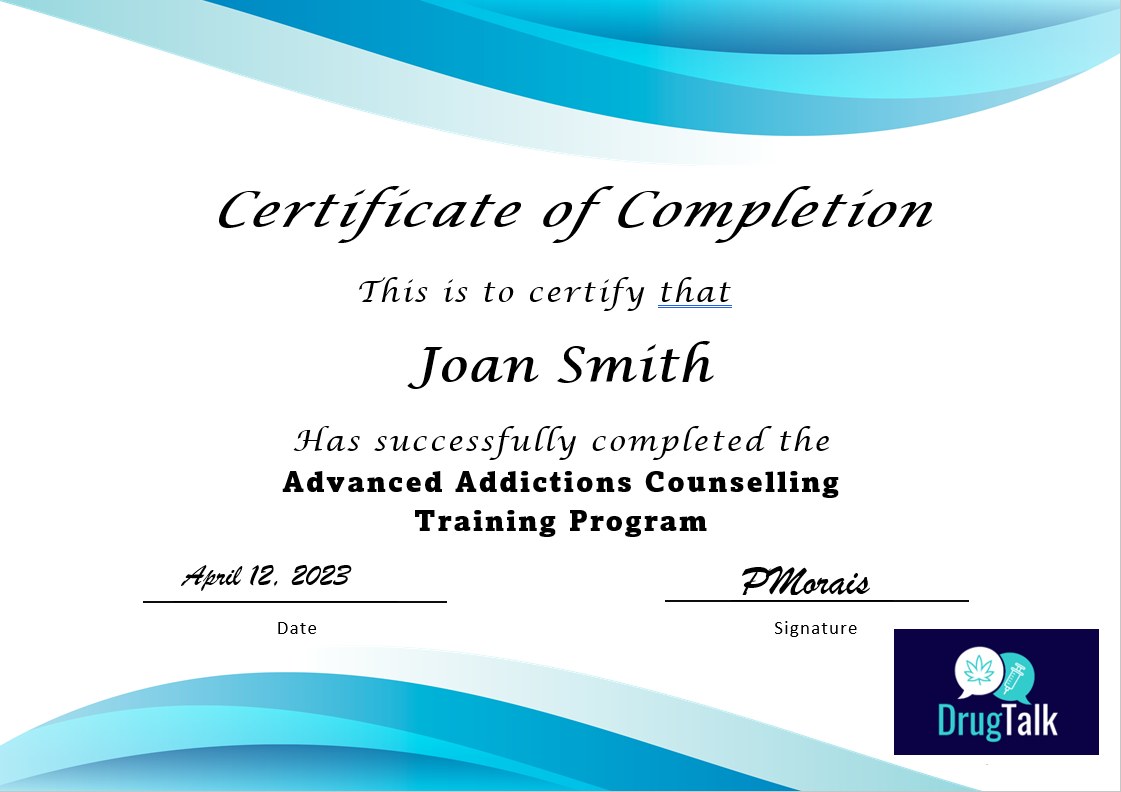COURSE SYNOPSIS
As a counsellor working with clients who are struggling with addiction issues, you will need to become proficient at working with them when they have a relapse. Indeed, it is rare for addictions counsellors to have clients who never relapse at all. Therefore, gaining an in-depth knowledge of how to work with relapses is one of the best skills you can acquire.
In this course you will learn about the "Cycle of Addiction" which is how relapses and the feelings they cause drive the addict to use more. Importantly, you will also learn how to interrupt the cycle. In addition, you will acquire skills to help your clients learn valuable lessons about their mistakes that will keep them on the road to recovery.
All relapses are caused by errors in thinking, but the problem is that people with addiction issues are hard-wired to act on impulse and spend very little time thinking about their decisions. The material in this course will teach you how you can help your clients break out of these impulsive patterns and acquire the capacity to make better decisions for themselves.
Each Course Includes
Downloadable Pdf's

video tutorials

Online videos are included with every course. Some courses include more than one video.
quizzes

Quizzes designed to test your understanding
2
Learning Objectives For This Course
At the end of this course, participants will:
- Understand the Cycle of Addiction and how and why it repeats itself;
- Comprehend the concept of “Thinking Errors” and how they lead to relapses;.
- Gain insight into how to interrupt a relapse by replacing “Thinking Errors” with “Healthy Alternatives”;
- Gain several useful strategies to help clients recommit to their recovery when they’ve had a relapse;
- Become aware of several important considerations when working with clients who have relapsed.

Additional Details...
Schedule
The course is pre-recorded and delivered online allowing you to start and finish according to your own schedule.
Flexible Program
Take only one course or register for a complete program. We have a full curriculum of great courses to choose from. Pick one or take them all! The choice is yours.
Great Resources
All courses include a video which can be purchased as a resource for your clinic or practice. Check out our great selection of powerful videos to bulk up your library of resources.
Sample of course material
Introduction
Relapse occurs when someone who has been trying to overcome an addiction and has been abstinent for a while loses their resolve and indulges in their addiction again. Relapses can be serious and the consequences dire. Some people who relapse never come out of addiction again, with some losing their partners, their health and even their lives. While it is always best not to relapse, it can also be an important learning opportunity, thus becoming another valuable step on the journey to recovery. Counsellors working with people in addiction recovery need to be able to work with their clients so they learn valuable lessons from their mistakes.
Addicts are trapped in a pattern of turning to mood-altering when things get difficult and it’s important to learn about how that cycle works. There are 2 cycles that you need to learn about. The first is the cycle of addiction which explains how addicts get trapped in a vicious cycle of relapsing which causes them to feel shame which causes them to use to escape their feelings and so on and so forth. The second is about how relapses work and how to break out of them. Here is a diagram of the cycle of addiction.
As demonstrated in this model, an uncomfortable feeling can lead to a relapse when the feeling is not dealt with properly. Once a person is caught in this cycle, the addiction and the problems it causes get progressively worse.
Take this course individually or as part of our
Advanced Addiction Training Program


